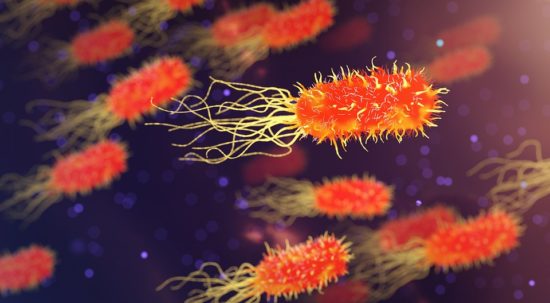Inhibiting bacterial cooperation is an evolutionarily robust anti-biofilm strategy
Bacteria commonly form dense biofilms encased in extracellular polymeric substances (EPS). Biofilms are often extremely tolerant to antimicrobials but their reliance on shared EPS may also be a weakness as social evolution theory predicts that inhibiting shared traits can select against resistance. Here we show that EPS of Salmonella biofilms is a cooperative trait whose benefit is shared among cells, and that EPS inhibition reduces both cell attachment and antimicrobial tolerance. We then compare an EPS inhibitor to conventional antimicrobials in an evolutionary experiment. While resistance against conventional antimicrobials rapidly evolves, we see no evolution of resistance to EPS inhibition. We further show that a resistant strain is outcompeted by a susceptible strain under EPS inhibitor treatment, explaining why resistance does not evolve. Our work suggests that targeting cooperative traits is a viable solution to the problem of antimicrobial resistance.
AMR NEWS
Your Biweekly Source for Global AMR Insights!
Stay informed with the essential newsletter that brings together all the latest One Health news on antimicrobial resistance. Delivered straight to your inbox every two weeks, AMR NEWS provides a curated selection of international insights, key publications, and the latest updates in the fight against AMR.
Don’t miss out on staying ahead in the global AMR movement—subscribe now!







